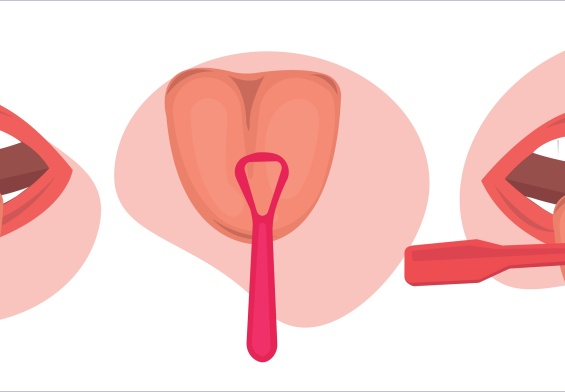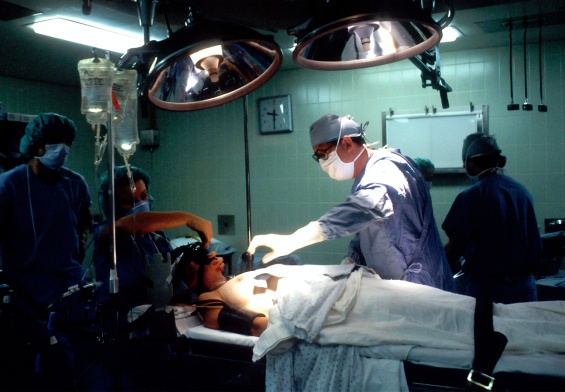As medical research continues to uncover new insights about aging and health, one connection has drawn increased attention: the relationship between oral health and heart disease. Specifically, gum disease may play a surprising role in the development or progression of cardiovascular issues—especially in older adults.
For individuals and families navigating the complexities of senior health, this link is more than just a medical curiosity. It’s a call to action for maintaining consistent dental care, especially for seniors who may also be receiving home care in Morris County, NJ, or surrounding areas like Madison, Denville, or Livingston.
This article explores the science behind the gum-heart health connection, the risks older adults face, and what steps can be taken to protect both oral and cardiovascular health later in life.
Understanding the Connection Between Gum Health and Heart Disease
The idea that gum disease could impact the heart may seem far-fetched at first. But numerous studies have shown that chronic inflammation from periodontal disease may increase the risk of heart problems.
Here’s how it works: When gums become infected—whether due to plaque buildup, poor hygiene, or aging-related dry mouth—bacteria can enter the bloodstream. Once circulating through the body, these bacteria may contribute to arterial inflammation and the formation of plaque in the arteries, a process known as atherosclerosis.
The result? A greater likelihood of heart attacks, strokes, and other serious cardiovascular conditions, particularly in those already at risk due to age or pre-existing conditions.
Why Seniors Are Especially Vulnerable
Seniors are already more susceptible to both dental and heart problems, making this link particularly relevant for older adults. Several factors contribute to this increased vulnerability:
- Dry mouth caused by common medications, which reduces protective saliva
- Reduced mobility or dexterity, making brushing and flossing more difficult
- Cognitive decline, which may lead to inconsistent oral hygiene
- Limited access to dental care in New Jersey
These factors mean oral health is often overlooked in favor of more obvious health concerns, but ignoring it can have wide-reaching consequences.
Signs of Gum Disease That Shouldn’t Be Ignored
Gum disease—also known as periodontal disease—often starts silently but can lead to major problems if left untreated. Some of the most common signs include:
- Bleeding or tender gums when brushing
- Persistent bad breath
- Receding gums or longer-looking teeth
- Loose teeth or shifting bite
- Swelling or redness near the gumline
In some cases, an older adult may describe discomfort using phrases like “Why is my tooth sharp all of a sudden?” or “Why are my teeth sensitive all of a sudden?”—both of which can signal gum recession or enamel loss.
If any of these symptoms appear, it’s important to seek help from a dental professional, such as a dentist in Livingston, NJ, Millburn, or Clark, who can assess the situation and prevent complications.
The Role of Preventive Dental Care in Reducing Heart Risk
Good oral hygiene habits not only prevent cavities and gum disease—they may also reduce systemic inflammation and help protect the heart. Preventive dental care is especially important for seniors, and it includes:
- Brushing at least twice a day with a soft or extra-soft toothbrush
- Daily flossing or using floss picks for easier access
- Hydration to combat dry mouth
- Avoiding tobacco and limiting sugary foods
- Visiting the dentist regularly for cleanings and checkups
For seniors with dentures, proper cleaning and overnight soaking are essential to avoid bacterial buildup and oral infections.
If you’re looking for a provider who understands senior dental needs, consider finding a dentist in Millburn, NJ, or a smile makeover specialist in New Jersey with experience in geriatric oral care.
Challenges in Dental Care Access for Seniors Receiving Home Support
Accessing dental care can become difficult for seniors who are homebound or receiving home care in Bridgewater, NJ, Montclair, or West Orange. Transportation issues, mobility challenges, and communication difficulties may all pose barriers to routine dental visits.
In these cases, family members and caregivers can play an important role by:
- Scheduling mobile dental services when available
- Coordinating transportation for appointments
- Ensuring that dental routines are maintained at home
- Monitoring for early signs of oral discomfort or disease
This is especially important for seniors receiving home care in Livingston, NJ, or nearby areas such as Belle Mead, Hillsboro, or Basking Ridge, where dental offices may be less accessible to those without consistent mobility.
Oral Health and Nutrition: A Two-Way Street
It’s also important to recognize the role oral health plays in nutrition. Seniors with sore gums, missing teeth, or ill-fitting dentures may avoid certain foods—especially fruits, vegetables, and proteins—leading to nutritional deficiencies that further impact cardiovascular health.
Maintaining a healthy mouth supports a healthy diet, which in turn strengthens the heart and immune system. In this way, oral care becomes a cornerstone of whole-body wellness for seniors.
Dentists Are a Crucial Part of Senior Health Teams
While primary care physicians often lead the way in managing senior health, dentists are an important part of the team. In fact, some dental providers now work directly with geriatric patients to track how oral issues may contribute to systemic health problems, including diabetes, stroke risk, and bacterial infections that impact the heart.
For families seeking the best dentist for smile makeover or dentures in New Jersey, be sure to find a provider who is familiar with the specific challenges older adults face. Many practices in Livingston, Clark, and Millburn offer comprehensive services tailored to seniors, including denture fittings, dry mouth solutions, and restorative work.
Key Takeaways: Protecting Senior Health Starts with the Mouth
The evidence is clear: gum disease is more than a dental problem—it’s a whole-body concern, especially for seniors who may already face higher health risks.
Maintaining strong oral hygiene is one of the most effective, and often overlooked, ways to support cardiovascular wellness. Whether a senior lives independently or receives home care in Millburn, NJ, or Short Hills, building oral care into their daily health routine is critical.
Final Thoughts: A Small Step Toward Big Protection
The connection between oral health and heart health is one more reason to take senior dental care seriously. Addressing issues like bleeding gums, dry mouth, or dental discomfort isn’t just about comfort—it may help prevent major cardiovascular events down the road.
Whether you’re scheduling a checkup with a dentist in Livingston, NJ, managing dental care at home, or simply looking for ways to support a loved one’s well-being, remember: a healthy heart starts with a healthy mouth.
Resources:
- Gum disease and the connection to heart disease – Harvard Medical School
- The Link Between Gum Disease and Heart Disease – Penn Medicine




